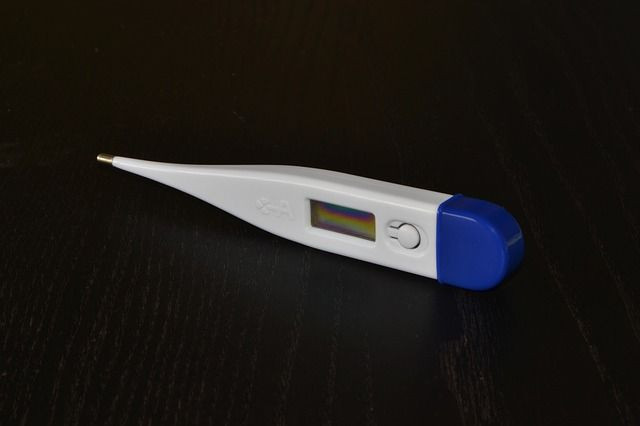Mumps Outbreak In LA Leaves 40 Infected; Risks, Symptoms, And Fast Facts About Viral Infection

Health officials have declared a mumps outbreak in Los Angeles and surrounding areas after more than 40 individuals were diagnosed with the viral infection. After the introduction of the MMR vaccination, mumps occurrences dropped, so many people are unfamiliar with the disease. However, new research suggests this vaccination may not be as permanent as once thought, and mumps outbreaks are once again becoming common in the United States. Here are some facts about the disease to help you get acquainted.
The majority of those infected in the Los Angeles outbreak were gay men who were linked back to certain crowded venues such as gyms, bars, theaters, and nightclubs, Fox 11 reported, although some women were also infected. In addition, some of those infected had already been fully vaccinated against the illness. Although the disease is not deadly and usually clears up on its own, it can have serious complications in some cases.
Read: Mumps Outbreak 2015: University Of Illinois Suggests Students Get Mumps Booster Shot After Spread
In addition, some of the cases involve patients who had already been fully vaccinated against the illness as children, suggesting the vaccine’s effectiveness wears off after time.
According to Medical News Today, the mumps is an extremely contagious viral infection of the salivary glands. The virus causes the salivary glands on each side of the face to swell, giving those infected a “hamster-like” face.
-Mumps rates have dropped by 99 percent since the introduction of the MMR vaccine.
-About 20 percent of people infected with the mumps will have no symptoms.
-Anyone born after the 1990s would have been vaccinated against mumps.
-Unvaccinated adults can become vaccinated at any time.
-According to the Centers for Disease Control and Prevention, the vaccine is only 88 percent effective at preventing mumps, which is why those who have received the vaccination can still become infected.
-Mumps is spread through saliva via coughing, using the same cutlery or sharing food and drink with an infected person, or through kissing.
-Symptoms include pain and swelling in the face, trouble swallowing, fatigue, fever, headache, nausea, joint pain, and reduced appetite.
-Cannot be cured, but treatments such as painkillers or putting a cold compress on the swollen area can help to relieve some of the symptoms.
-Most people recover on their own within two weeks.
-Even if vaccination does not prevent you from contracting the disease, it may prevent you from developing more serious complications.
-Complications of infection can include: swollen testicles or ovaries, viral meningitis, and inflamed pancreas.
-More rare complications include encephalitis and hearing loss.
-Mumps infections in pregnant women may increase the risk of miscarriage.
See Also:
Mumps Outbreak 2015: University Of Illinois Suggests Students Get Mumps Booster Shot After Spread
MMR Vaccine More Prevalent Than Ever Among British Children, Despite Persistent Fears Of Autism Link



























